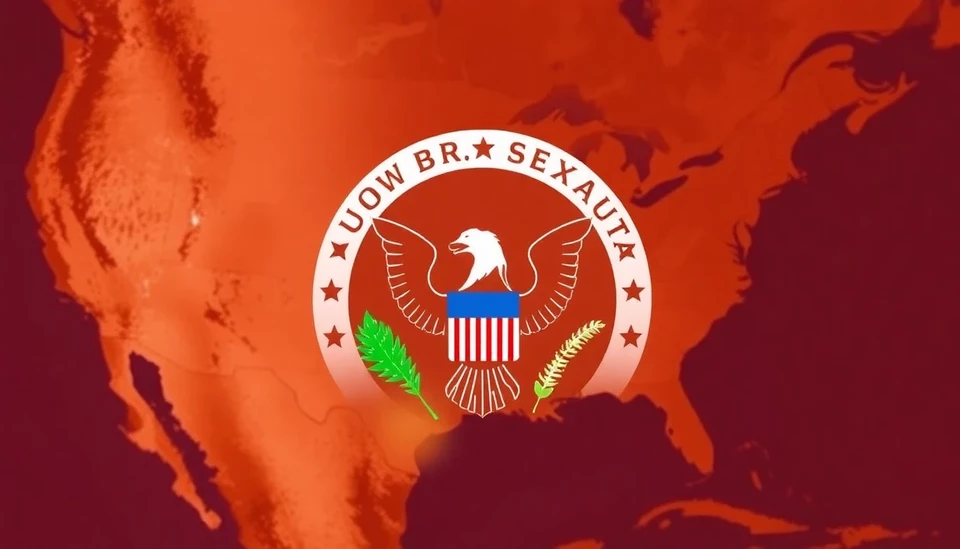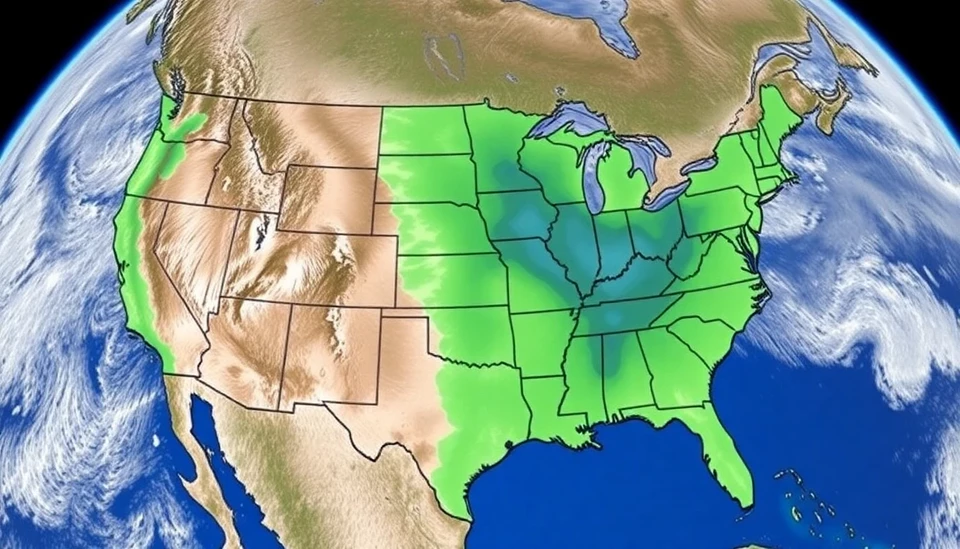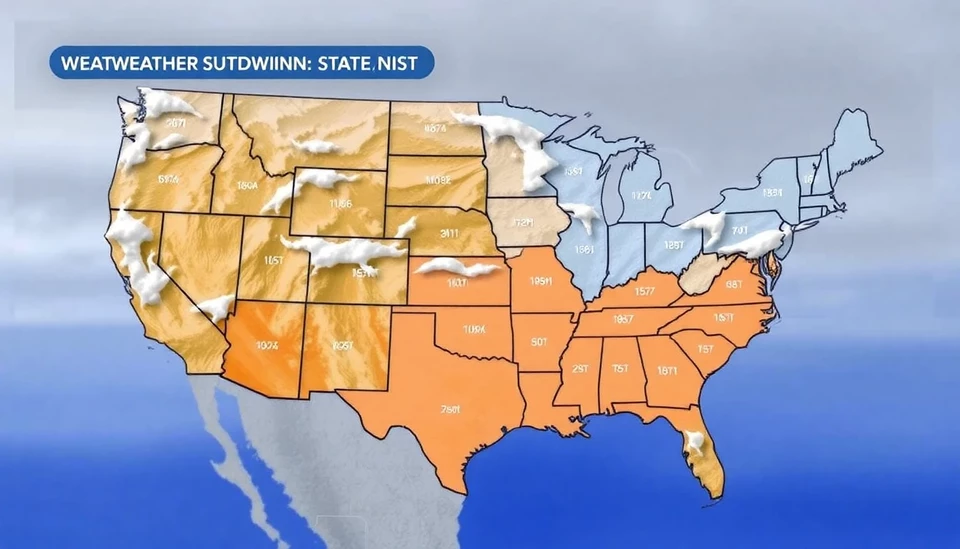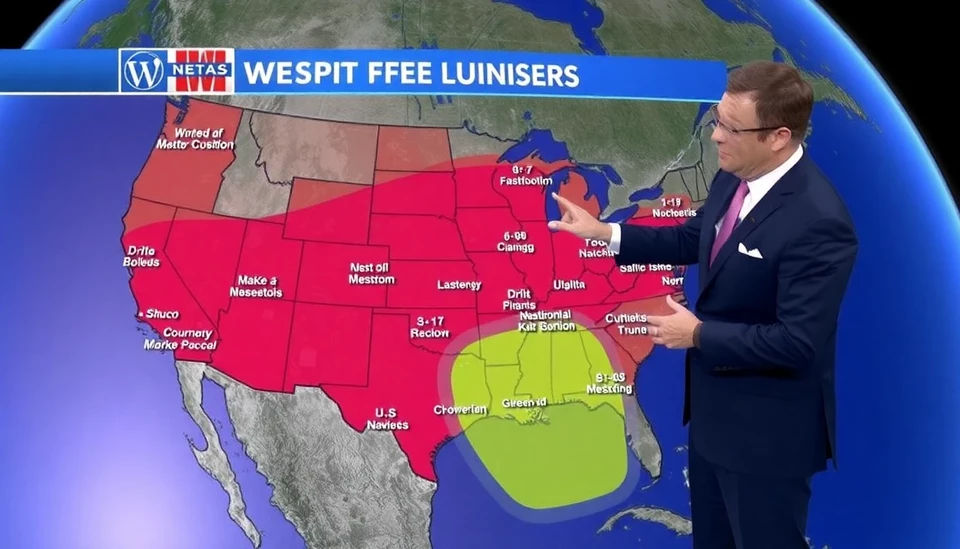
In a surprising turn of events, the National Oceanic and Atmospheric Administration (NOAA), which oversees the U.S. Weather Agency, has announced a new policy initiative aimed at preserving a wide array of research websites previously slated for removal. This decision comes on the heels of significant public outcry and concerns from the scientific community regarding the potential loss of valuable climate and weather data resources.
The NOAA had initially proposed the discontinuation of several research-focused websites as part of a broader strategy to streamline operations and reduce costs. Many researchers and environmental advocates raised alarms, pointing out that these sites serve as critical repositories of data and information essential for academia, policy-making, and public awareness regarding climate change.
In response to the backlash, NOAA administrator Dr. Rick Spinrad announced a comprehensive review of the agency's digital assets. It was determined that the benefits of maintaining these research websites far outweigh the cost-saving measures associated with their elimination. Dr. Spinrad emphasized the importance of accessibility to scientific information, stating that "the work of our scientists must remain available to the public and the research community." This move underscores a commitment to transparency and the continued dissemination of legitimate and valuable climate research.
The research websites in question span numerous critical topics, including oceanography, atmospheric studies, and climate modeling, among others. They provide essential data to a variety of stakeholders, including policymakers, educators, and the general public, thereby playing an instrumental role in enhancing understanding and fostering informed discussions about climate-related challenges.
Furthermore, NOAA’s decision to revitalize these platforms aligns with broader governmental shifts toward acknowledging the urgency of climate action and bolstering public engagement in climate science. The potential loss of these resources had raised significant concerns about data gaps that could hinder efforts to both understand and combat the escalating effects of climate change.
Notably, the reversal of this decision is seen as a victory for advocacy groups and scientists, who had mobilized to protect these online resources as part of a larger fight against climate misinformation and denial. The support from a diverse coalition of stakeholders, including universities, research institutions, and environmental organizations, played a pivotal role in reversing NOAA's original stance.
As NOAA prepares to move forward with the preservation of these vital research websites, there is a renewed hope that this will further amplify conversations about climate science and environmental stewardship. The agency’s commitment to upholding scientific integrity by keeping these resources publicly available is a crucial step toward ensuring that everyone has access to the vital data necessary to understand and tackle the challenges posed by our changing climate.
The landscape of climate research is evolving, and with this significant policy reversal, the U.S. Weather Agency has set a precedent that prioritizes science and community over budgetary concerns. The next steps will be closely watched by various stakeholders, with many hopeful that this shift heralds the beginning of a more inclusive approach to climate research and public engagement.
For continued coverage and updates on climate-related initiatives and research resources, stay tuned to our platform as we aim to provide comprehensive insights into these crucial developments.
#NOAA #ClimateChange #ResearchPreservation #WeatherData #PublicEngagement #Science #EnvironmentalAdvocacy
Author: Sophie Bennett




